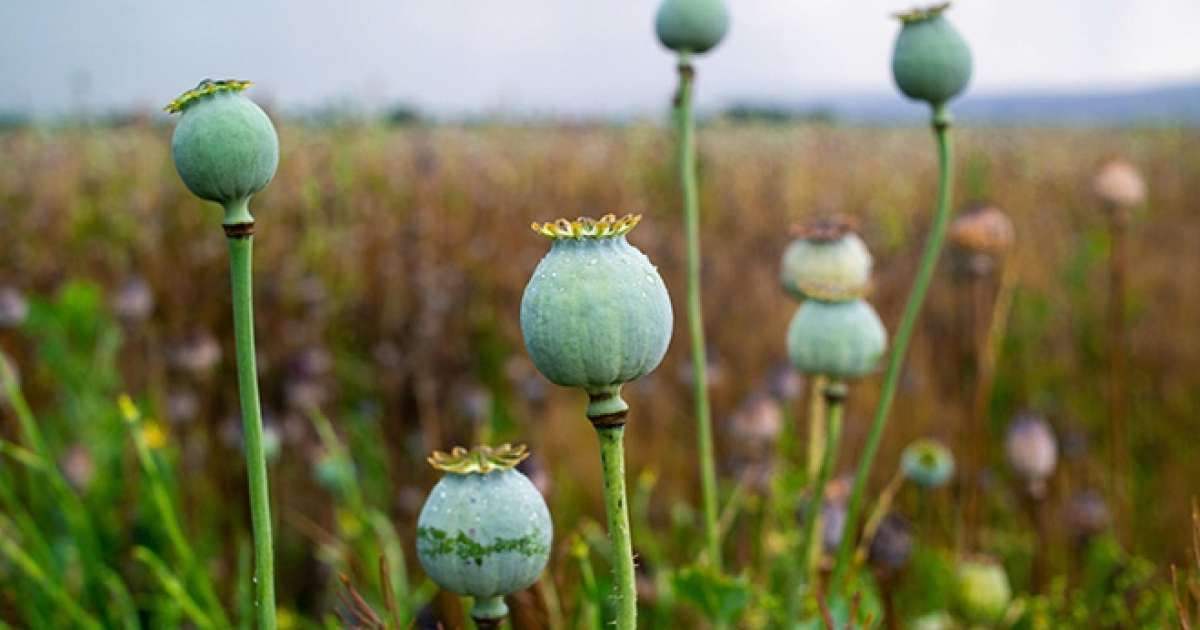In a historic decision, Thailand’s Public Health Ministry has authorized the use of opium and psilocybin mushrooms, also known as “magic mushrooms,” for medicinal purposes and research. The announcement, which was published in the Royal Gazette on April 23, 2024, was signed by Public Health Minister Cholnan Srikaew and went into effect the following day.
According to the directive, drugs in Narcotics Category 5 that are not marijuana or hemp extracts are approved for medical use and research. This was made possible through the activation of Article 24 and Article 58 of the Narcotics Code. Opium and magic mushrooms are classified as Narcotics Category 5, which is separate from marijuana and hemp extracts.
Previously, the Ministry had removed kratom, marijuana, and hemp extracts from the Category 5 list, leaving only opium and magic mushrooms, as well as marijuana and hemp extracts with a THC content above 0.2%, in the category. This move demonstrates greater openness to using specific narcotics under controlled circumstances for medical and research purposes, allowing scientists to explore the substances’ potential health benefits while enabling doctors to use them in targeted medical treatments.
In addition to this significant alteration in drug policy, Thailand’s Department of Thai Traditional and Alternative Medicine introduced a new program in March aimed at fighting substance abuse using CBD-rich marijuana oil. Dr. Thewan Thanirat of the DTAM announced a product called Karun Osoth, which contains coconut oil and 10 milligrams of CBD per milliliter. The company claims that the oil aids in reducing drug addiction cravings and mitigating withdrawal symptoms like muscle aches and insomnia.
Thailand’s recent initiatives reflect a growing prioritization of developing alternative drug treatments. By promoting the controlled use of certain narcotics in medical research and treatment, these efforts could help to increase knowledge of their efficacy and provide relief to those struggling with addiction and withdrawal
Read the full article from Mixmag here: Read More
